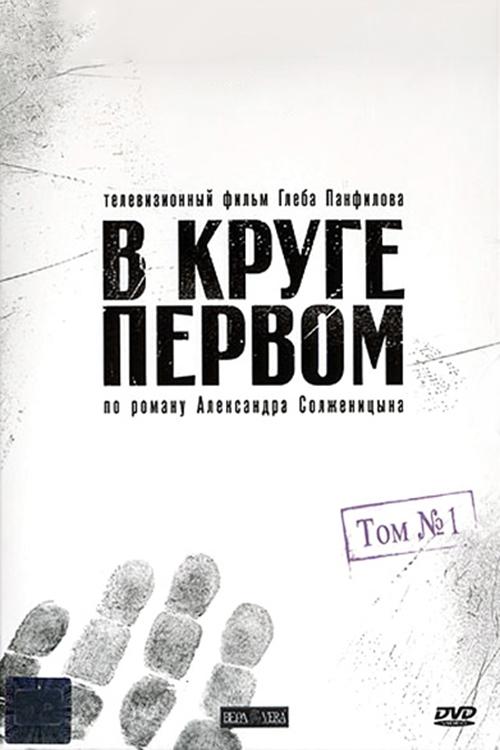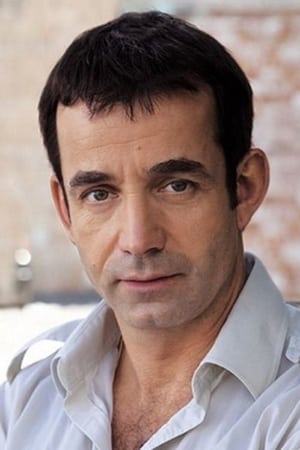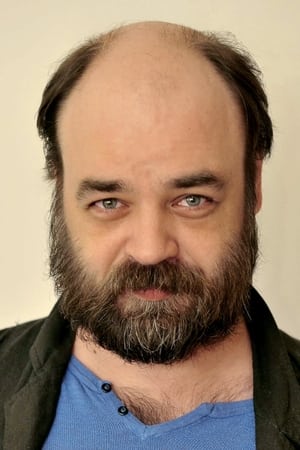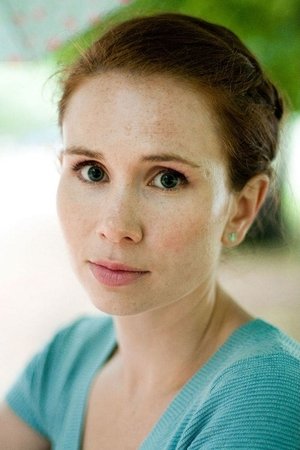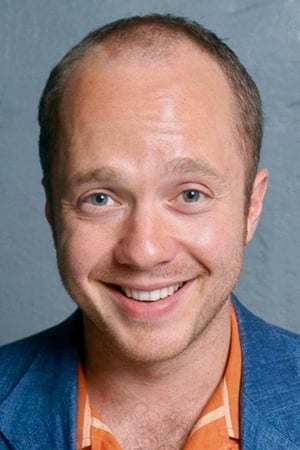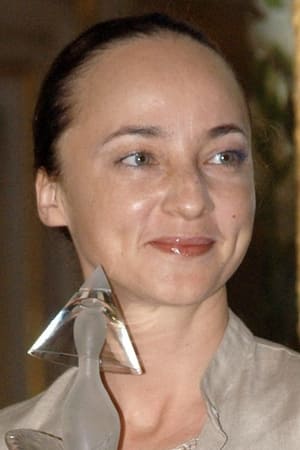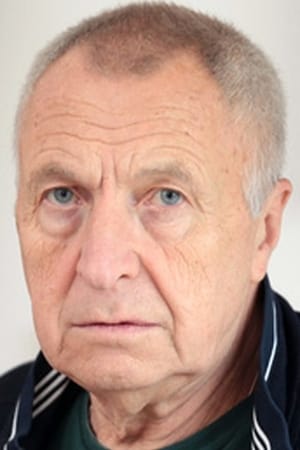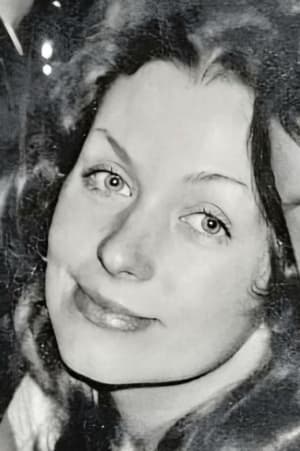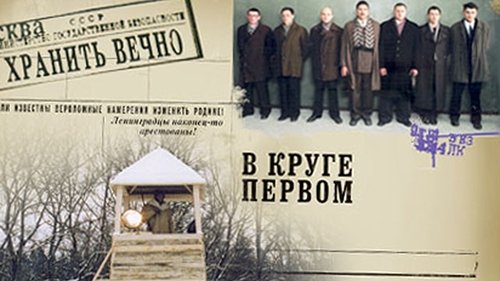
Aqueronte72
6
|
Apr 14, 2025
From the outset, feel the tacit but heartbreaking valley of tears of a fervent religious believer like Solzhenitsyn; observe the human disillusionment through characters who—and I'm talking about none of them—have the slightest control over their fate. Neither the prisoners, like engineer Bobynin or Lev Grigorich Rubin—who is not fooled and knows that in the sharashka they occupy the first exquisite circle of Dante's hell—nor Gleb Nerzhin, for whom "The sexton sings the same for a fish as for a crab," exercise power over their fate. Nor can executioners like Yakonov, Minister Abakoumov, or later Major Shikin prevent the ponderous mechanism of totalitarianism when time passes without the invention of the voice identification device requested by Stalin to discover the traitor who made the call to the United States Embassy, to warn America of Soviet intentions to create an atomic bomb.
In general terms, Glen Panfilov respects the original idea, and since the voiceover was done by Solzhenitsyn himself, the author endorses the inventions of this miniseries, which are obvious to those of us who read the original text. Hardly a feature film, but it's now clear that even a 10-episode TV miniseries can't summarize such a nuanced work spanning over 90 chapters. However, the distribution of the plot across the episodes is unfortunate. There are secondary characters like the minister Abakuomov to whom -without deserving it due to the importance of the plot- almost the entire episode 1 and a large part of Ep.2 when the engineer Bobynin argues with the official that the device will not be ready by the end of January or February with the mistreatment they receive in the Marfino prison-laboratory. Other episodes that simply did not deserve to even appear, let alone almost the entire episode like the writer Nikolai Glazov in (Episode 3), eating and toasting with Innokenti Volodin, the diplomat who made the call from the beginning and on whom the conflict and indecision about denouncing the Russian government falls first, then the paranoia about the weight of the Soviet regime in Ep.10 after being admitted, cold water bath, shaved and humiliated by undressing over and over again for inspections.
The same thing will happen in Ep. 4 when the miniseries invents the character of Gerassimovich, Nerzhin's occasional traveling companion to Nadia for their conjugal reunion after 6 months. What was the point of devoting so much space to Spiridon and his background or origins? In the original work, although Spiridon is a secondary character, he is of vital importance because Nerzhin uses him as an example of the simple, rural, peasant science he loved, rather than the academic or intellectual science advocated by Rubin, whom he defends during the endless discussions; Rubin, always reading and devouring books (in the novel), especially Hemingway, although this is not addressed more precisely here in the miniseries. Nerzhin's moral resilience was based on his experiences on the battlefield and in his own life, and that is why he inevitably clashed with Rubin and later (although this was not addressed in the mini-series either) with the painter Kondrashev, another prisoner of the sharashka, thanks to whose philosophical debates Nerzhin points out in chapter 47 of the novel: "Did they promise? And what are these promises? Eh? In reality, all socialism, every socialism, is a kind of caricature of the Gospel."
Let's say it's of lesser importance that details from the written work are omitted, such as Innokenti Volodin's nervousness from day one, which leads to outright paranoia and is not seen in the series, or details such as, for example, the Kazbek cigarettes that were a luxury only allowed to those scientists of the First Circle, or the play mentioned in the novel "A Ballerina's Love," whose crowd was lined up at the Artistic Theater when Innokenti goes to the Arbatskaya subway station at the beginning to call the embassy, a name that does not correspond to any real work but reflects the atmosphere of social hypocrisy that reigned in the USSR in 1949, because the shows and other such events demonstrated it with large participation. Let's look at episode 8 of Panfilov, for example, it is transcendental in the play and, I repeat, it is weak because it should be clearer in demonstrating the pragmatism of Dmitri Sologdin, another key character besides Innokenti and Nerzhin. Sologdin and his group of colleagues manage to manufacture the device coveted by Stalin's henchmen, namely Yakonov. But once he has developed the invention, which in the novel is called the "phonoscopy," he burns the plans or instructions, and when Yakonov calls him into the office, trying to bribe him with swimming trips and other amenities, Sologdin agrees, but only with a signature guaranteeing that he will continue to lead the investigations and remain in the system in that capacity.
That is to say, Sologdin negotiates and transacts, unlike the tough Nerzhin, who refused to be bought by his former master Verenyov, hence the phrase about the sexton's fish and crab, since "Sacristan" in Ukrainian means gratitude. "So I don't expect gratitude from them," Nezhin tells him, "I don't ask for forgiveness (from the members of the Soviet State), nor will I go fishing for them!" Interesting parts of the novel are omitted, such as Shagov's flirting with Nerzhin's wife, Nadya, or entire sections that I would have liked to enjoy, such as Stefan Zweig's entanglement and the optimism thesis, the withdrawal of the degree or diploma, and the conversations between Nadya, Lyuda, Dasha, and Muza. In short, in general, the miniseries is not bad, but it is poorly organized or the important aspects are wrongly distinguished, thus losing the valuable essence of the novel. Read the novel, just like The Brothers Karamazov, regardless of the length, it's worth it.
